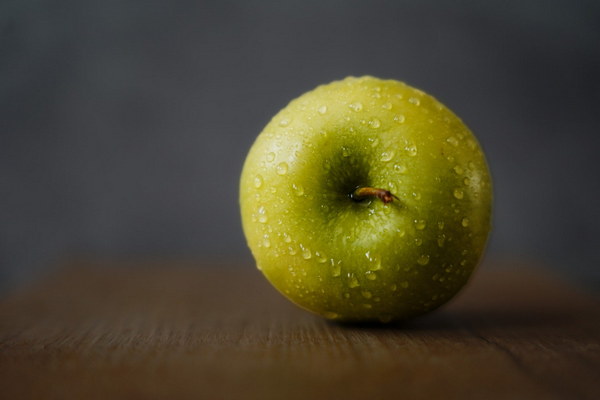Efficient Weight Loss Unveiling the Secrets of Wetness-Relieving Western Medications
In today's fast-paced world, weight loss has become a significant concern for many individuals. While there are numerous diet plans and exercise routines available, some people may need additional help to achieve their desired weight. One such solution is the use of wetness-relieving western medications. In this article, we will explore the benefits, mechanisms, and considerations of these medications to help you make an informed decision.
Wetness, or dampness, is a concept often associated with the accumulation of excess fluid in the body, which can lead to weight gain and other health issues. Western medications designed to relieve wetness aim to address this problem by promoting the elimination of excess fluids and aiding in weight loss. Let's delve into how these medications work and their potential benefits.
1. Mechanism of Action
Wetness-relieving western medications typically work by targeting the body's fluid balance. These drugs can be categorized into several classes, including diuretics, laxatives, and herbal supplements.
a. Diuretics: Diuretics, also known as water pills, help the kidneys remove excess water and salt from the body, leading to increased urine production. This process can help reduce bloating, water retention, and overall body weight.
b. Laxatives: Laxatives can help eliminate waste and toxins from the body, which may contribute to weight gain. By promoting bowel movement, they can aid in weight loss and improve overall digestive health.
c. Herbal Supplements: Some herbal supplements claim to reduce wetness by balancing the body's moisture levels. These natural remedies may include ingredients like dandelion, juniper berries, and uva ursi, which have been traditionally used for their diuretic properties.

2. Benefits of Wetness-Relieving Medications
a. Weight Loss: By promoting fluid elimination and reducing bloating, wetness-relieving medications can help individuals lose weight more effectively.
b. Improved Digestive Health: Regular bowel movements can prevent constipation and improve overall digestive health, which is crucial for weight loss.
c. Reduced Risk of Health Issues: Excess wetness in the body can lead to various health problems, such as high blood pressure, heart disease, and kidney disorders. By addressing this issue, wetness-relieving medications can help reduce the risk of these conditions.
3. Considerations and Risks
While wetness-relieving medications can be beneficial, it is essential to consider the following:
a. Consult a Healthcare Professional: Before starting any medication, it is crucial to consult a healthcare provider to ensure it is safe and appropriate for your specific health needs.
b. Side Effects: Some medications may cause side effects, such as dehydration, electrolyte imbalances, and increased urination. It is essential to monitor these effects and report any adverse reactions to your healthcare provider.
c. Long-Term Use: While wetness-relieving medications can be effective for short-term weight loss, they should not be used as a long-term solution. A balanced diet and regular exercise are essential for maintaining weight loss.
In conclusion, wetness-relieving western medications can be a valuable tool for individuals struggling with weight loss and fluid retention. By promoting fluid elimination, these medications can help reduce bloating, improve digestive health, and potentially reduce the risk of other health issues. However, it is crucial to consult a healthcare professional before starting any medication and be aware of potential side effects and long-term implications. With the right approach, wetness-relieving medications can be an effective addition to your weight loss journey.









